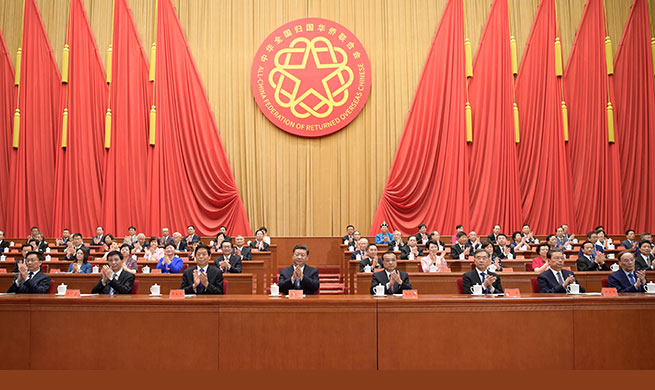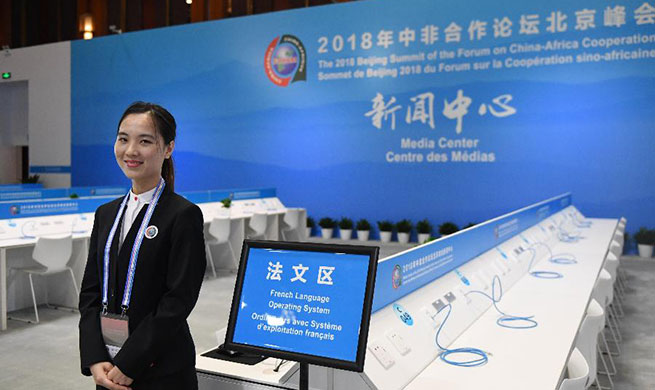BUDAPEST, Aug. 30 (Xinhua) -- The number of Hungarians ready to use their debit or credit cards instead of cash is growing slowly but steadily, according to a national survey conducted by local think tank Nezopont Institute, published here on Thursday.
More than a quarter of cardholders who make up two-thirds of the Hungarian adult population try to use their bank or credit card as the main tool of cashless payment as often as possible, according to the institute.
This is a 10-percentage-point increase since the most recent 2016 data collection.
"Two years ago, only some 800,000 cardholders used their cards whenever possible while in 2018 their number increased to 1,400,000," according to Nezopont.
The growth could be due to the slow transformation of financial culture, driven by government incentives, and the fact that 2017 was the year of breakthrough in using comfortable and rapid touch card payments such as paypass: more than 70 percent of cards and 80 percent of POS terminals support this function.
"Mostly, Hungarians pay with their cards in supermarkets, but the use of electronic payment is increasingly common in pharmacies and restaurants as well," the survey said.
Three-quarters of credit card holders buy their groceries cashless in supermarkets and malls, which is statistically the same as in 2016.
However, the share of cardholders in pharmacies and health care institutions increased significantly (from 28 percent in 2016 to 44 percent in 2018). In the catering industry (30 percent) and in the case of internet purchases (33 percent), significantly more people buy without cash than in 2016.
To a lesser extent, the number of credit card buyers also grew at sporting and cultural events. Greater card utilization was also driven by the dynamic 25-percent increase in the number of places accepting credit cards, which is also supported by the national bank card promotion program.
The public opinion survey of Nezopont Institute was conducted through personal interviews of 1,000 people between July 19 and Aug. 2, 2018. The sample was representative for the population aged 18 and over.













